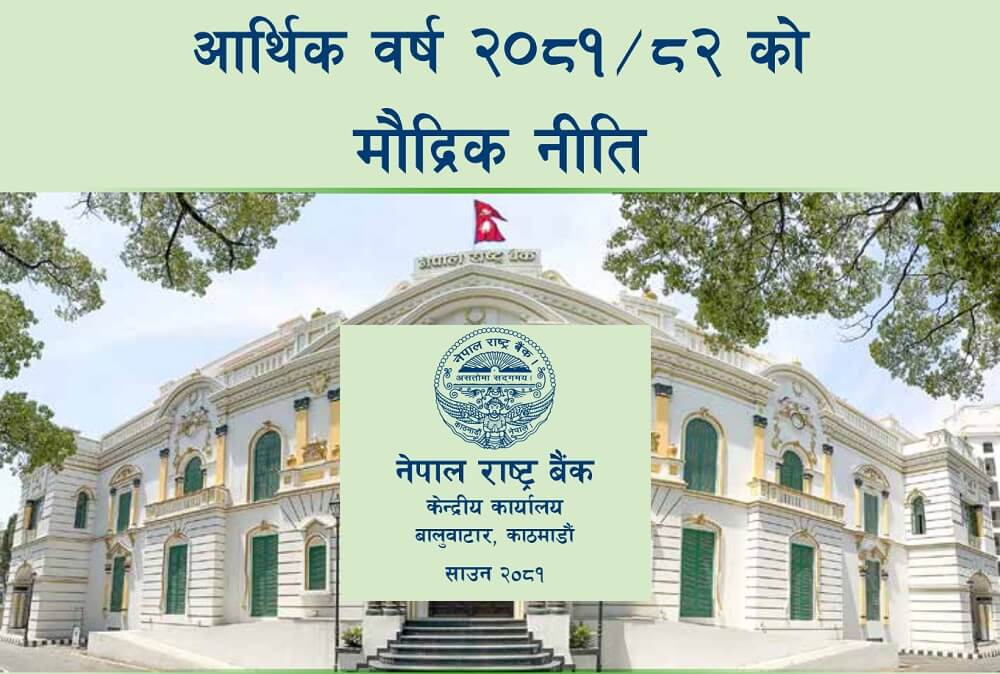
Monetary Policy FY 2081-2082: Advancing AI in the Banking Sector
Nepal Rastra Bank has introduced the monetary policy for the fiscal year 2081-2082, incorporating international practices and insights from central banks worldwide. This policy aims to enhance the use of artificial intelligence (AI) in banking, develop a framework for electronic currency, implement a central customer identification system (KYC), and fully activate the national payment switch.
Key Initiatives
-
Artificial Intelligence in Banking: Governor Mahaprasad Adhikari announced that the central bank will support the effective use of AI in licensed banks and financial institutions. With the growing adoption of digital technologies like AI, the central bank plans to address both the challenges and opportunities associated with AI. This includes formulating guidelines to mitigate potential risks while maximizing the benefits of AI.
-
Electronic Currency Development: The central bank is working on creating a framework for electronic currency. Various central banks globally are testing electronic currencies as alternatives to traditional paper money. Nepal Rastra Bank has released a report on Central Bank Digital Currency (CBDC) and aims to develop a design for wholesale CBDC, which will be used in transactions between financial institutions.
-
CBDC Implementation Timeline: The policy outlines that the format for wholesale CBDC will be developed based on studies related to electronic currency. The central bank plans to pilot wholesale CBDC by August 2026, with retail CBDC expected to start in June 2027, and a decision on cross-border CBDC anticipated by December 2026.
-
Payment System Modernization: The central bank has emphasized modernizing the payment system, proposing that institutions involved in payment, clearing, and settlement functions should be public limited companies. This move is part of a broader strategy to enhance the transparency and efficiency of payment-related operations.
Recent Developments
-
AI Concept Paper: The Ministry of Communication and Information Technology recently published a concept paper on AI in Nepal. This document outlines the necessary steps for the development, application, and regulation of AI, highlighting the need for clear guidance on challenges and data protection.
-
Public Limited Company Requirement: The central bank is transitioning payment-related institutions into public limited companies as per the 'Payment-Related Institutions Licensing Policy 2079.' Financial technology expert Sanjeev Subba notes that some companies, including phone-pay, are preparing to issue IPOs.
Conclusion
The monetary policy for FY 2081-2082 reflects Nepal Rastra Bank's commitment to integrating advanced technologies into the financial sector. By promoting AI, developing electronic currency, and modernizing payment systems, the central bank aims to enhance the efficiency and security of the banking sector in Nepal.





